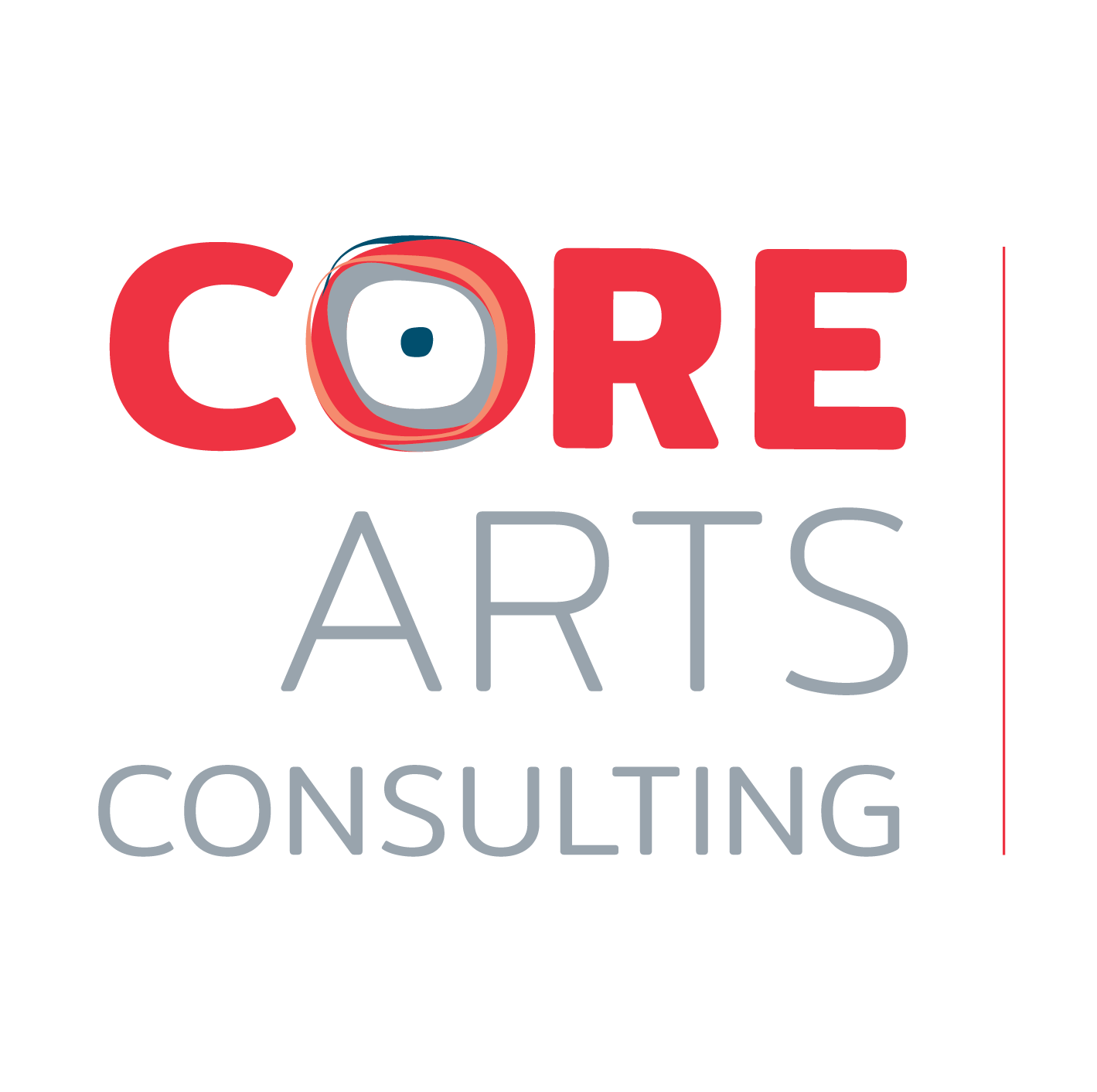We are beyond pleased to introduce you to an exceptional theatre and cabaret artist, Angela Shultz, who is a triple threat: brilliant singer, stunning actor and accomplished producer! Most recently, she co-founded The Stomping Ground Theatre Company in midtown Manhattan, a non-profit theatre that is committed to diversity and social justice. Angela has done it all and we were thrilled to have the opportunity to ask her some questions to learn more about what inspires and drives her work, what role arts education has played in her life as well as get the inside scoop on what she’s currently cooking up in the arts world.
Why is your art important to you?
Music, especially, is the one thing that has been incredibly consistent in my life. I've moved around and relationships come and go, but I've always had an outlet when I sing. Sometimes I can understand what I'm feeling in a more succinct way because another artist has put words and music to those emotions, and I don't know where I'd be without that! How cheesy is that?
What do you want your art to say?
Whether I'm singing/acting or producing (which I do more of these days), I love how the arts can give voice to people who are often voiceless. I love to perform characters who say things that are difficult to express. As a producer, I love that we get to share stories of people you don't always encounter face-to-face in real life. I'm also passionate about presenting new work. There are endless numbers of talented people in New York City (and around the world, of course) and some simply need to find an audience.
What project are you working on now?
Stomping Ground Theatre Co. is producing Cover: A Play About Trafficking on March 23-24. It's a compelling play by Joy Powell which is inspired by the work of The Covering House in St. Louis. The plays tells the story of the sex trafficking survivors and the women who helped them.
Who is your favorite artist?
Too many to name! I am, of course, a huge fan of my lifelong friend Brett Kristofferson. His musical theatre work is incredibly rich and powerful and is an absolute thrill to sing or experience as audience.
How has arts education impacted your life?
My early teachers taught me so much about loving music and theatre, but also about how important it is to work hard no matter what you're doing. Arts education taught me how to be independent and figure things out for myself, but it also taught me the value all members of an ensemble bring to a project. It gave me confidence and focus, and a way to understand some parts of the world around me.
____________________________________________
Biography:
ANGELA SHULTZ National Tour: Titanic (Alice Beane), NYC Theatre: York Theatre reading – Paris Through the Window (Muse), Assassins (Sara Jane Moore – 5th Floor), Falsettos (Cordelia - Wingspan Arts), The Wasp Woman (Phyllis Futch/reading) and Halloween Hullabaloo (Workshop). Regional credits: Titanic (Alice Beane), Nunset Blvd (Reverend Mother), Closer Than Ever, The Secret Garden (Martha), Company (Marta) Bat Boy (Ruthie/Ned), Nunsense (Rev Mo and Hubert), Godspell (Joanne and Sonia). She is the 2010 recipient of the Hanson Award from the Manhattan Association of Cabarets and Clubs, as well as a 2012 Nominee for Best Female Vocalist. Angela also directed Hector Coris’ 2010 MAC Award-winning performance in Life is Wonderful. Education: Master’s in Theatre Education (Fontbonne University), Bachelor of Music (Missouri Baptist University). Angela also directed cabaret shows for Jerry Phelps and the recent Off-Off Broadway production of Steel Magnolias. She taught for Professional Performing Arts School in NYC as well as Fontbonne and Missouri Baptist Universities, and Stages St. Louis. Angela is a co-founder of Stomping Ground Theatre Company in midtown Manhattan. For more info, please visit www.angelashultz.com

















